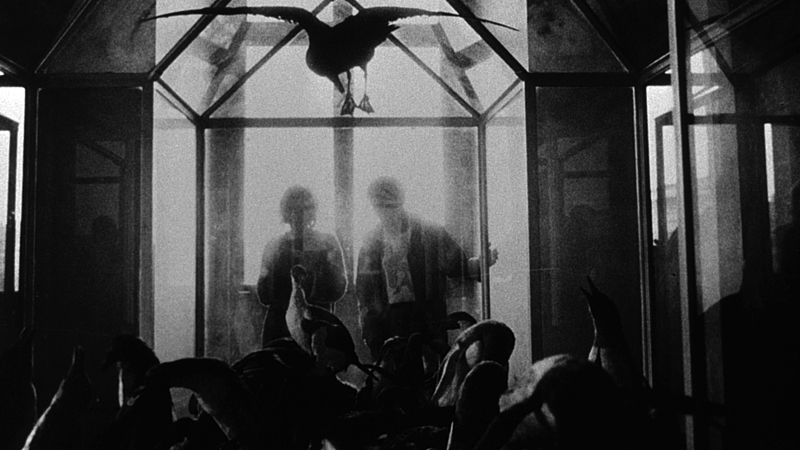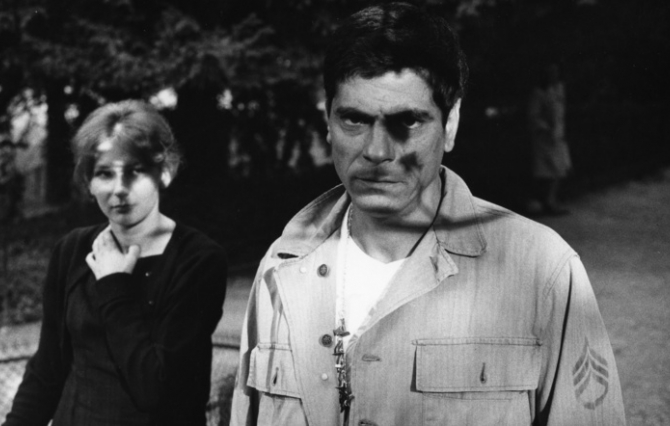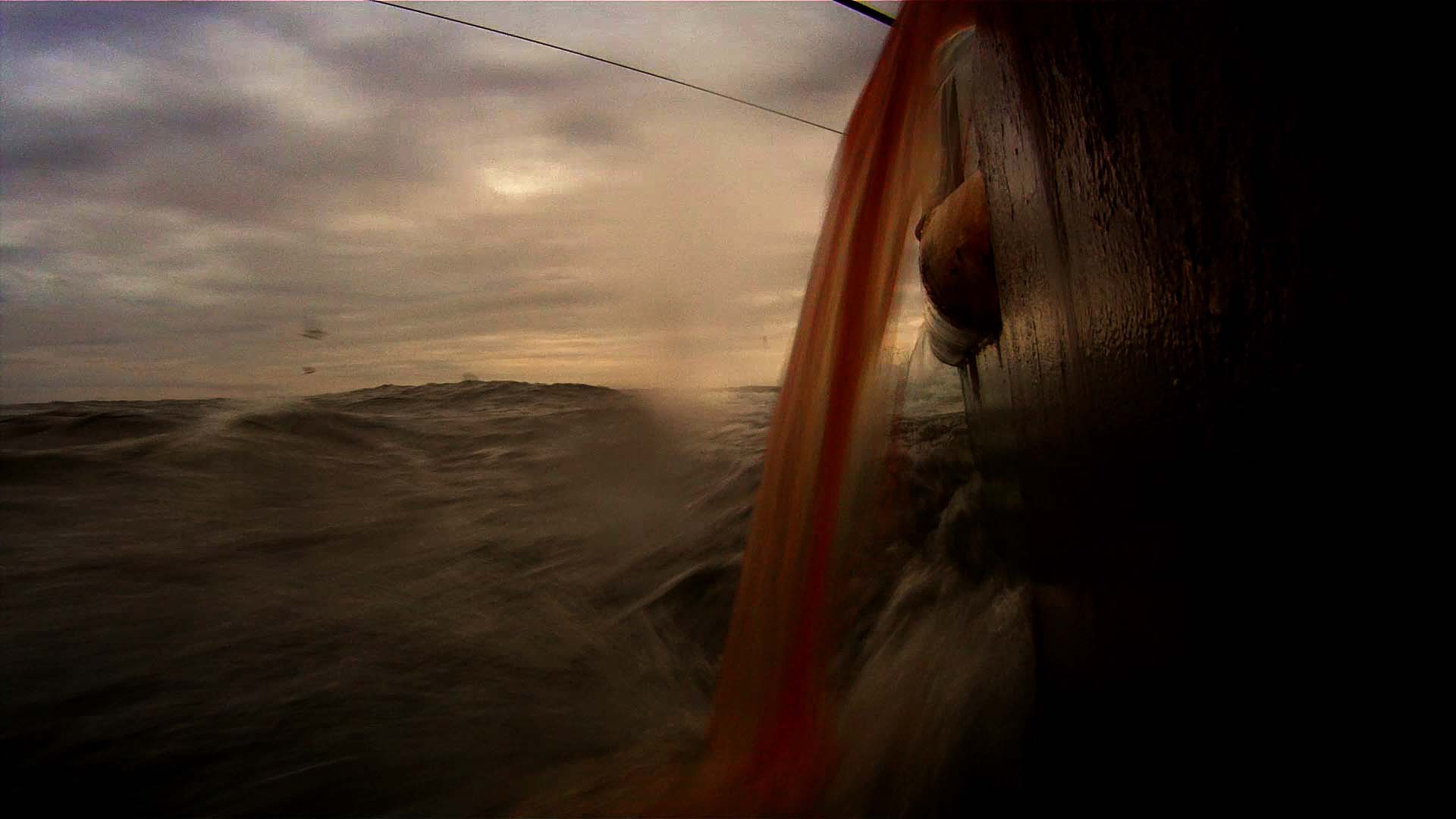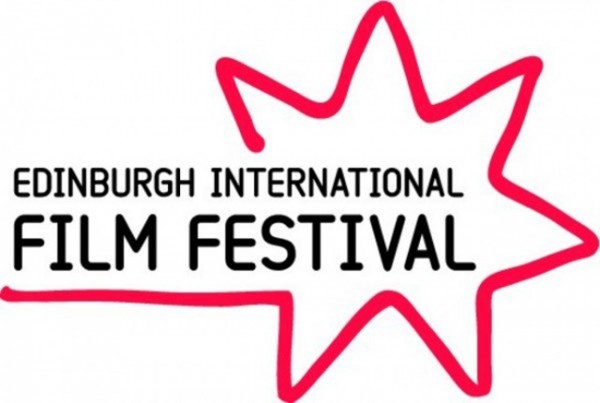“Ground control to Major Tom…”
Is there anybody there? There was, once, we know that…so let’s at least pretend there is for now, and hope for the best.
It’s been a while, to say the last (since 15 March last year, to be precise) so allow me to explain our protracted absence somewhat (which is not to say I am excusing it). We need to backtrack, overlap with the time we last spoke to get to it.
“Oh no, don’t say it’s true.”
Monday 11 January 2016. Blasted’s editorial team is walking to work (not Blasted itself, sadly) on a cold Monday morning when we bump into a friend. The usual pleasantries, exchanged ‘Happy New Year’ greetings. Haven’t you heard? What??? Stunned silence. Surely not. No way. The BBC News is immediately consulted. Fucking hell. That is mental. We head to our respective offices and I jumble through it all, trying to work it out. I half-grin to myself in wonder at the audacious timing of it all. A final ingenious act. Life, death and art interwoven till the last. Possibly a coincidence but you can’t help but think he would’ve been pleased (if begrudgingly) with it.
The Channel 4 News that night and the inevitable reports and discussions - nothing new to anyone who knew anything about the man/alien already – and then the strangest thing happens. Over the end credits they play “Heroes”. And I burst into tears. I catch myself by surprise. I feel like a total idiot. A childish tit. It’s over in half a minute but it startles me. I’ve never done that before, not over someone I didn’t know or meet, not a real person at least (if he ever was ‘real’). I’m generally fairly cynical of outpourings of public grief (e.g. the fashionable and absurd hysteria that surrounded the death and funeral of Diana, Princess of Wales in the autumn of 1997) – but on this occasion, I it happens to me.
I go back to that moment periodically over the following year, puzzling it out. Like many people do with such events, I’m probably redirecting some emotional expression or other relating to something else, and it re-emerges in less visceral ways through much of the other shite the year flings. But at that moment there is most of all the sense of some kind of an ideal, some kind of force in the word being irrevocably lost – something behind Bowie/’Bowie’, and that’s what really gets to me. It’s a portent of things to come, and it’s a nagging feeling that’s pretty hard to shake, pretty early on.
“Oh no, not again.”
2016’s litany of tragedies is well known enough for me to not bother listing them. Some cut deeper than others. There are two in particular of which we’ve barely even scratched the surface, but their mere possibility being entrenched was enough to turn the snowballing year of tears into an avalanche of slurry. On a personal front, 2016 is particularly hard for us with a close family loss. Other non-public issues are tarnished. It’s tough to keep going. So Blasted vanishes from our thoughts, if not the net. Cinema visits become rarer in our lives, new music rarer still. There are a handful of properly new(er/ish) things (Ela Orleans’ Circles of Upper and Lower Hell, Exploded View’s self-titled debut, Jenny Hval’s Blood Bitch) but precious little else. Some new-to-me corners of old artists (Eno, Talking Heads, The Blue Nile, LCD Soundsystem, Arthur Russell, Scott Walker, The Associates, Roxy Music), but mostly just stuff I already know. And Bowie, of course. Blackstar, yes, but a lot of coming to appreciate albums and songs I’d given less time in the past (e.g. ‘Sweet Thing/Candidate/Sweet Thing (Reprise)’, ‘Bring Me The Disco King’, Young Americans, Outside, and a lot else besides), as well as the extremely familiar (Station to Station, Low, etc.). It’s a comfort blanket (a fairly obsessive one, I’ll admit), familiarity (with novel aspects, reassuringly ‘new’) in a world that seems - at the worst points of the year - to be falling apart beyond repair. Maybe, to one with no religion, it also makes all of that seem okay - Bowie might be dead, but we’ve still got all that great music (with new aspects to uncover still), and that’s all most of us really ever had anyway. So I realise that while it’s not the grieving of a man, but the grieving of an idea, really, and that all this has been an attempt to remember that it isn’t really dead, and there’s so much left to find.
“Just turn on with me and you’re not alone”
So it’s not all bad. 2016 isn’t completely beyond redemption, for a start. Blasted’s other project, Dora Maar, get to record at the Green Door in Glasgow, and release the results on a great label, and some good people are into it; Scotland’s arts scenes are thriving against all odds; I’m still alive and breathing and have a brain; good friends have children; and I still have the privilege of sharing my life with the best person I’ve ever met.
Frieze: What is art for?
Sue Tompkins: To make us love life.
You have to believe that new ideas can exist (or at least, new perspectives) to ever have a hope of finding them, so that’s what we’ll do. I hope we can share our thoughts on music, cinema, literature and visual art - old, new, and new-to-us - and hopefully have a conversation with some of you about it. I don’t know where Blasted is going, what form it will take, or how often you’ll hear from us, but I get the sensation that, in its own very small/niche/modest way, it’s as essential to do this as much as ever – that is, we must keep on finding the world anew. We must - all of us - keep seeking, searching, and looking onward (and upward).
After all, it’s what Bowie would have wanted.
Andrew R. Hill

















